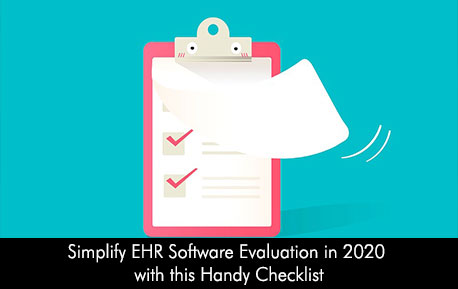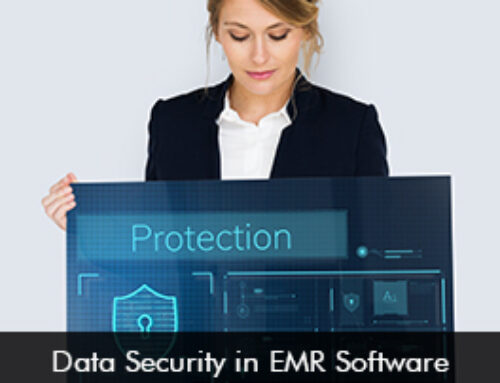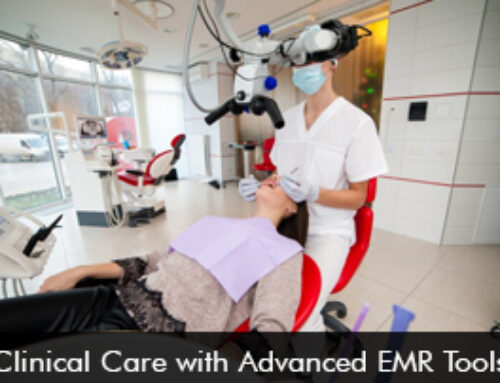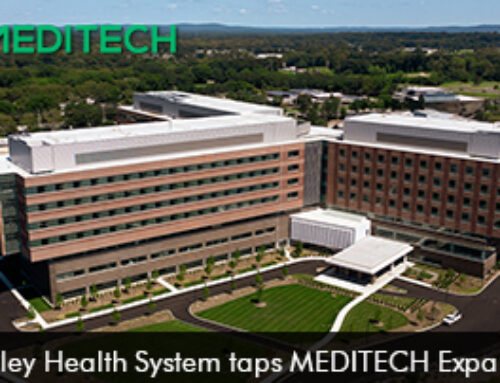Your EHR software system is a crucial technology to keep you ahead of your peers and get a competitive advantage. The US healthcare system relies on the robust EHR software system to automate manual and time-consuming workflows which ultimately helps to enhance clinical and administrative efficiencies.
With so many software vendors claiming to offer the best electronic health records software solutions with the right set of features, ease of use, interoperability, and customer support it becomes quite a daunting and difficult task to make the best choice for your medical practice.
In order to help you out to assess and value your potential software options in the market, we have jotted down a handy evaluation checklist which will guide you to help evaluate your EHR software.
Handy Checklist
Our EHR evaluation worksheet comprises of the following points.
- Functionality – Does the software system provides the right set of tools that are powerful enough to help you achieve efficiencies? These tools may include clinical features, administrative features, and security features such as HIPAA Compliance. A top-rated electronic health records software solution may also provide a patient portal, patient scheduling, and reporting and analysis feature.
- Customer Support – Customer support is an important consideration to make before making your final decision. You should look out for software vendors that offer training material and provide office support to train staff members to use the software. The customer support tea should be reliable and quick to act in terms of any technical issues. It’s good to have assistance and backing when needed. They should preferably have a live chat option and a helpline number in case of emergencies.
- Deployment or Architecture – Two deployment options should be offered by EHR software vendors such as on-premise and web-based. Potential buyers can make a decision depending on their needs and preference. There are some cost considerations to be made for example on-premise tends to have higher upfront costs but usually lower recurring costs. On the other hand, cloud-based software has a lower initial cost but may tend to get expensive in the long-run.
- Integrations – This is a crucial point that cannot be ignored. It is good that your EHR software system integrates seamlessly with other software systems such as medical billing software and practice management (PM) software and revenue cycle management (RCM) software. The integration with other software systems allows the EHR software to work more efficiently.
- Pricing – The software system should fit your budget. Do they charge a monthly subscription fee and are there any hidden costs that need to be dealt with? There are also free and open-source EMR software options available in the market if you’re a small practice and don’t have the cash to invest in an electronic health records software system.
Moving Ahead
Furthermore, once you have decided on purchasing a specific software system you need to be sure if the EHR software will reward your practice with enhanced clinical results, efficient workflows, and empowered patients. You can use this checklist and also watch EMR demos to further see the software system working in real-time and be surer about the functionalities and ease of use of the software system.







